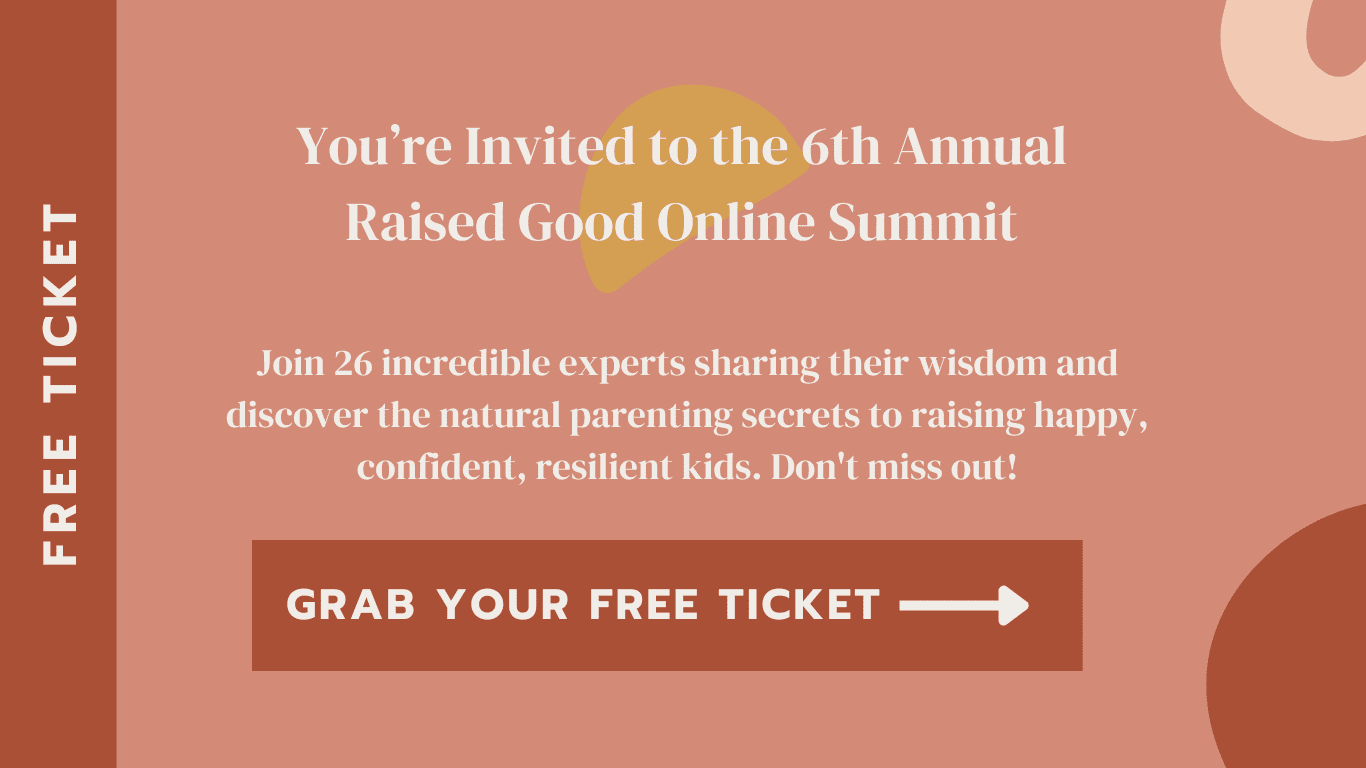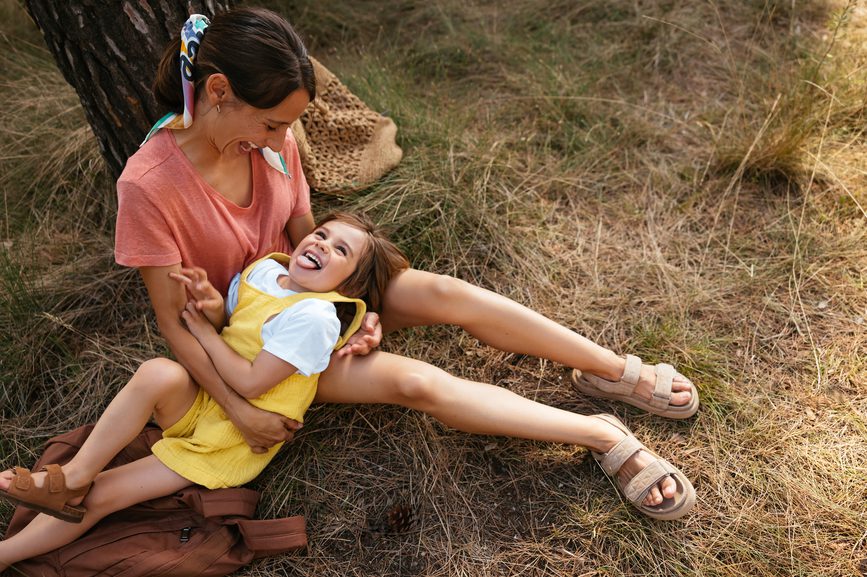My plan failed.
I’d checked online that the store had Size 4 soccer shoes.
Why?! Why had they sold out just before my son and I got there?
Ugh…soccer practice was starting in two days.
So, the helpful shop assistant called around and found a pair for my little guy…at their big store in the middle of the city.
Dragging him around a big city wasn’t top of my son’s list of fun things to do.
Crossing city blocks, dodging roadworks and weaving through the throngs of tourists and city dwellers is quite frankly my idea of hell, never mind his.
But he needed some new soccer shoes, and I needed his feet to try them on so as they say, needs must.
There were two ways we could have approached getting the soccer shoes that day.
Firstly, I could have told him we simply needed to go and get the soccer shoes. He would have protested. I would have said that “I’m doing this for him”. He should be “grateful” for new soccer shoes…sound familiar?
In this scenario, I could have used my power over my son. I’m the one driving, I’m the adult, this is what we’re doing. Simple as that. We both would have felt our feet tire, our nervous systems waning from having stepped out of the safe container of our nature-filled island and into the hustle and bustle of the city, our tummies would have grown hungry and the fun would have slowly drained from us.
I can guarantee that my son would have started to lose the excitement of being in the city, he’d feel disconnected from me (and me from him) and start asking to go home or we’d have given up before the mission was complete.
And in all honesty, I don’t blame him, it’s a lot as an adult never mind as a young child.
But that isn’t the way it went.
Knowing we would both struggle to get through a day in the city I pulled out one of my best and most loved parenting tools…..playful parenting.
So instead buying soccer shoes went like this:
“Hey, I’ve got this great idea….”
“What mum?”
“I get it. Walking ten blocks to go and buy soccer shoes kinda sucks. I don’t want to do it either. But, I’m excited I get to do it with you. We’re a great team. So, why don’t we make it more fun and it’ll whizz by before we know it. Let’s pretend we’re getting chased by dinosaurs through the city and the sports store is our home base, we need to run away from them and jump inside where they can’t get us”
“Look over there, mum!!! Five dinosaurs are coming our way! Quick run!”
He was off down the street before I could say go!
We ran laughing and exclaiming that the velociraptors and T-Rex were getting closer, hiding behind bushes, looking for the sports store, our home base where we’d be safe from the dinosaurs on our tails. We lost ourselves in the fun and forgot about the hundreds of other people lining the streets or the 10 blocks we had to cross to get to our destination.
Finally, as we stepped over the threshold of the sports store, breathless but smiling having outrun a group of dinosaurs to get here, we exhaled deeply from the joy of it all. We didn’t question whether our legs ached or if it was time to eat. The sports store was now a welcome haven of calm in which to try on soccer shoes. We’d beaten the dinosaurs…..for now!

Why Playfulness Transforms Everything
By choosing playfulness that day we both went home, new soccer shoes in hand, feeling more connected and as though we’d had a great day out in the city. There was no need for either of us to recalibrate or let out the stresses of the day because it was fun and I still have the fondest memories of buying those soccer shoes!
For many of us as parents, one of the biggest things we struggle with, particularly as our children hit toddlerhood and flow into the preschool age is gaining their cooperation. With their single-minded focus and underdeveloped neocortex our littlest of people aren’t the ones to heed our rational advice or follow in line simply because we’ve requested them to.
Our young children are so absorbed in the moment that getting them into the car when they are building a castle out of Lego, asking them to clean up when in their minds they are creating the latest Picasso piece, or dragging them around the city when they’d rather be playing is often futile.
Cooperation is one of the things that causes the biggest conflicts between kids and their parents.
But playful parenting is the antidote to it all.
Playful parenting can have your child in their car seat quicker than you can pop your shoes on. It can help you have the toys cleared away before you’ve even got the vacuum out. It can have the soccer shoes in your hands before you’ve even registered that you’ve just run ten blocks.
Playful parenting can take all those frustrating parts of parenthood, flip them on their head, and give you a no-fail tool that bolsters connection, cultivates cooperation, and helps your child process all they are experiencing in the world.
In short, playful parenting is a sort of magic!
Play speaks the language of our children. For them play is the way they learn about the world around them, it is the work of childhood. By allowing ourselves to be more playful in our relationship to them we can speak their language and guide them through the world in a way they understand.
Lawrence Cohen, a psychologist and author of the book Playful Parenting advocates for using playfulness as a tool to address behavioural issues, strengthen relationships, and promote emotional well-being in families.
“Through the practice of Playful Parenting – joining children in their world, focusing on connection and confidence, giggling and roughhousing, reversing roles and following your child’s lead – you will learn how to help them work through their emotional blocks and how to handle their strong emotions (and your own). You will also learn how to deal effectively with sibling rivalry and other tricky problems, and how to rethink your ideas about discipline and punishment.”
Lawrence Cohen
Why Playfulness Works
Our children are born into the world with underdeveloped brains, their focus and impulse control are a slow burn to maturity. With their prefrontal cortex not fully wiring together until their mid-late 20s
Our children aren’t fighting against cooperation out of defiance. They are not ignoring what we say as a way to manipulate us. They do these things because their brains are so absorbed in the present moment. So getting in the car because it’s 11 am rather than staying on the swing having fun isn’t something they can logically rationalise, all they are thinking is “This is fun, long may it continue.”
By utilising playfulness we bypass the immaturity of their neurology and foster their cooperation by coming into their worlds. Play allows us to connect first and then encourage the behaviour or actions we hope to gain through fun and games.
Asking a three-year-old to get their shoes on, your seven-year-old to get ready for school, or your five-year-old to clean up will feel as though it’s landing on deaf ears but hand them a ticket for a flight on Family Arlines 5724 (aka the car) and kindly show them to their seats, ensure their seatbelts are securely fastened and they’ll likely be waiting for you to put your shoes on and to get ready to take off.
Playfulness doesn’t come easy
“The fact is, we adults don’t have much room in our lives for fun and games. Our days are filled with stress, obligations, and hard work. We may be stiff, tired, and easily bored when we try to get on the floor and play with children—especially when it means switching gears from a stressful day of work or household chores.”
Lawrence Cohen
It can feel as though finding the energy and time it takes to incorporate more playfulness into our interactions with our children is more work. But the shift it brings within us if we make crossing the city a game, tidying up a time of joy and connection, or leaving the park a race to the finish line is so worth the initial energy input it takes to choose playfulness.
As adults, we’ve forgotten how to play. We don’t remember just how much it benefits us too. Our inner child is nurtured and made happy by letting go and inviting playfulness. While lack of energy is often the excuse we give ourselves, what we forget is that that initial investment returns to us 10 fold.
How much better do we feel after running around the garden with our kids and having a water fight?
How good does it feel to slide down the slide at the park?
What feelings does it bring to laugh uncontrollably with our children as we rough-house before bed?
It’s not just therapy for them, it allows us to drop our guards and our children feel it too, and when they sense our openness they are so much more likely to do what we ask of them.

Playfulness Is Infectious
Running through the city from dinosaurs and towards soccer boots the most magical thing happened. A young man, a stranger, saw us in our game and spontaneously joined us in our play, asking what we were running from. When we told him of the T-rex on our heels, he started to run with us, hide from the dinosaurs, have fun, and make us and himself laugh. Then he left and went on with his day.
When we permit ourselves more playfulness we allow other adults to as well. When we are the first ones to jump on the dance floor at our kid’s disco, other parents join in too. When we play superheroes on a mission in the supermarket, older people smile and thank us for making them laugh. When we jump into the waves and splash with our children we encourage those tentatively dipping their toes in at the shore to as well.
Trust me, You’ll never regret the time you spend being more playful.
My challenge for you today is where can you find a way to join your child in their world?
Which moment can you speak their language and choose playfulness?
Can you embrace the discomfort and vulnerability you feel around being playful and experiment with adding a little more of its magic into your parenting?
Can you let go enough to run from the dinosaurs through the city, or perhaps just the living room for now?
I’d love you to give it a try, you won’t regret a moment of choosing playfulness and you never know where it might lead.
If tools like playfulness, which help make gaining your child’s cooperation a breeze, are something you’d like to learn more about, join me and a growing village of like-minded parents inside of Gather, the Raised Good membership community for natural parents. It’s a place where we dive deep into the hows, whys and whens of playfulness and many other topics that are the secret sauce to happy, joyful parenting.

Comments